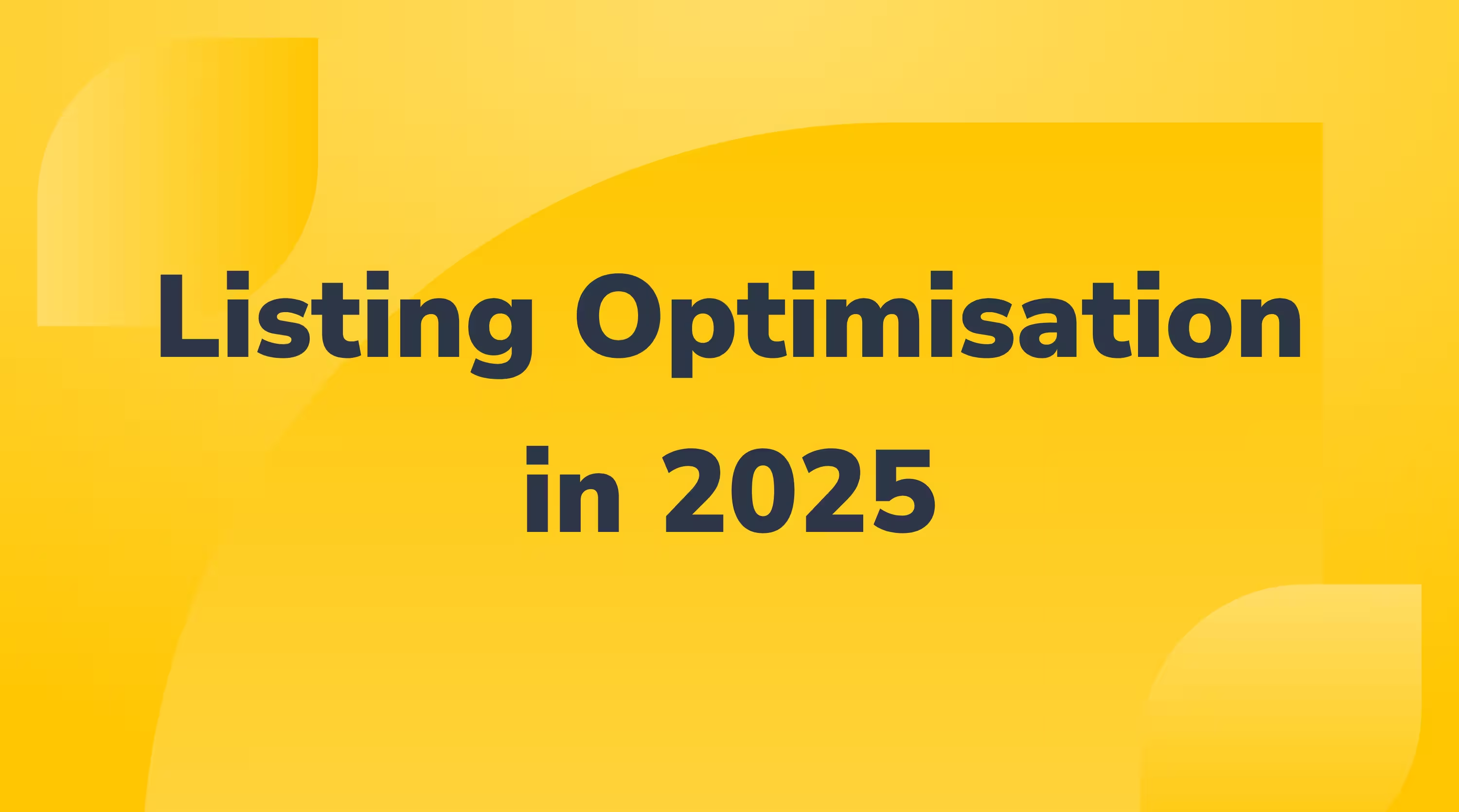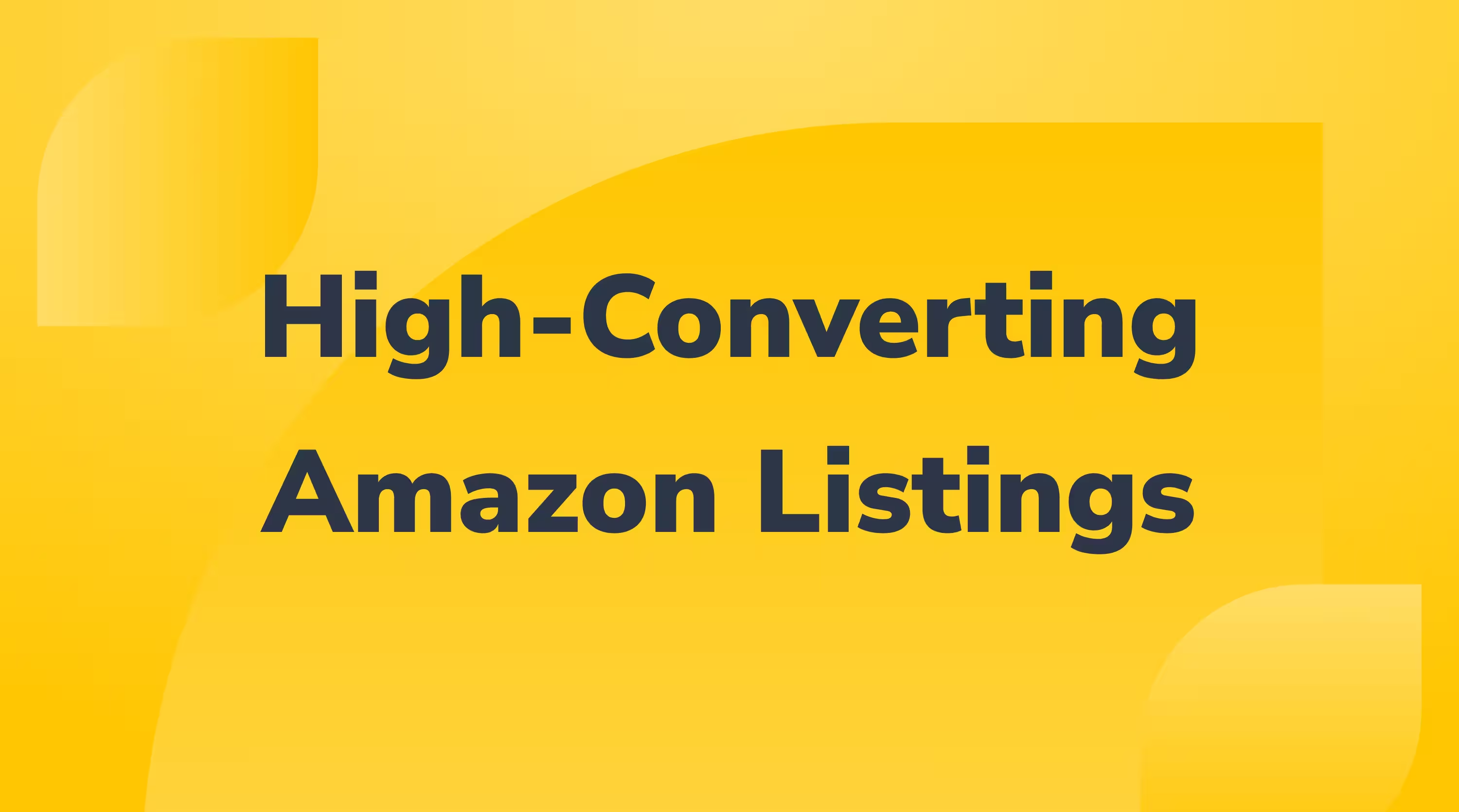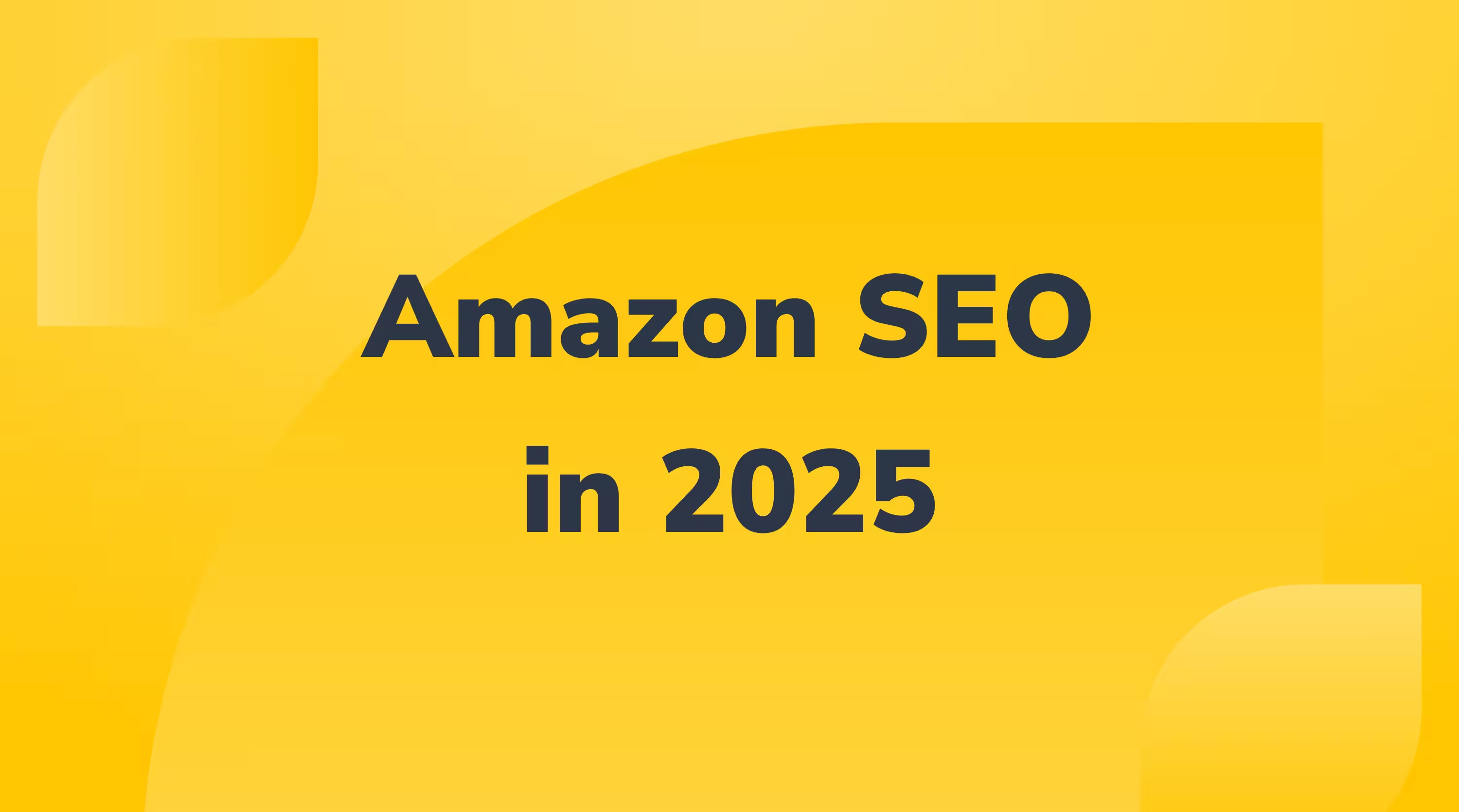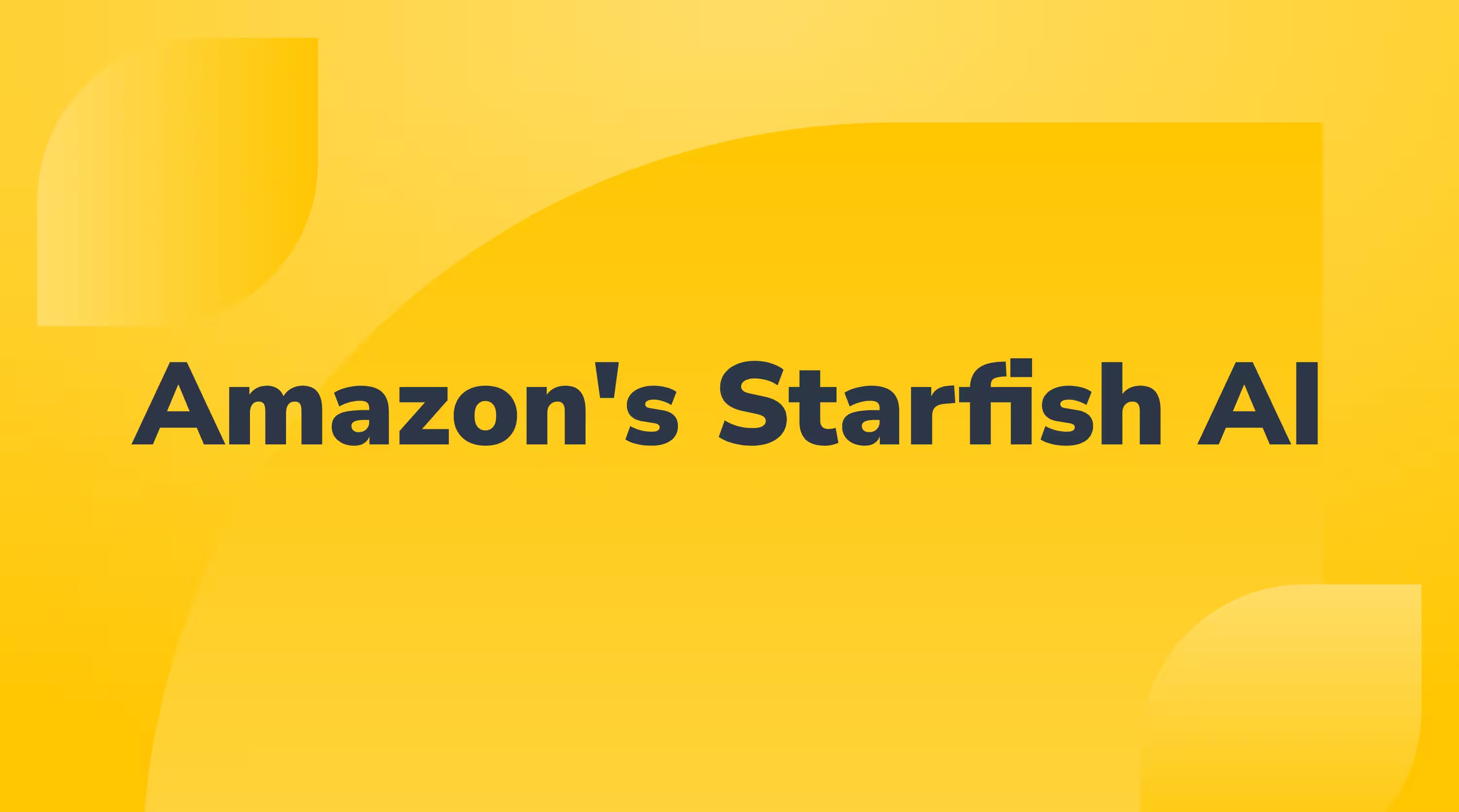International Womens Day 2024

As the world celebrates International Women's Day, it's a poignant moment to pause and reflect on the diverse perspectives and experiences of women within our company. Navigating through office spaces and seamlessly connecting in virtual realms, our team members embody a tapestry of backgrounds, ambitions, and insights. Today, we turn the spotlight on their voices, their narratives, and their invaluable contributions as they candidly share their thoughts on what this day means to them and how we can collectively champion gender equality in our workplace and beyond.
SOPHIE SLADE HUNSWICK, Content Director
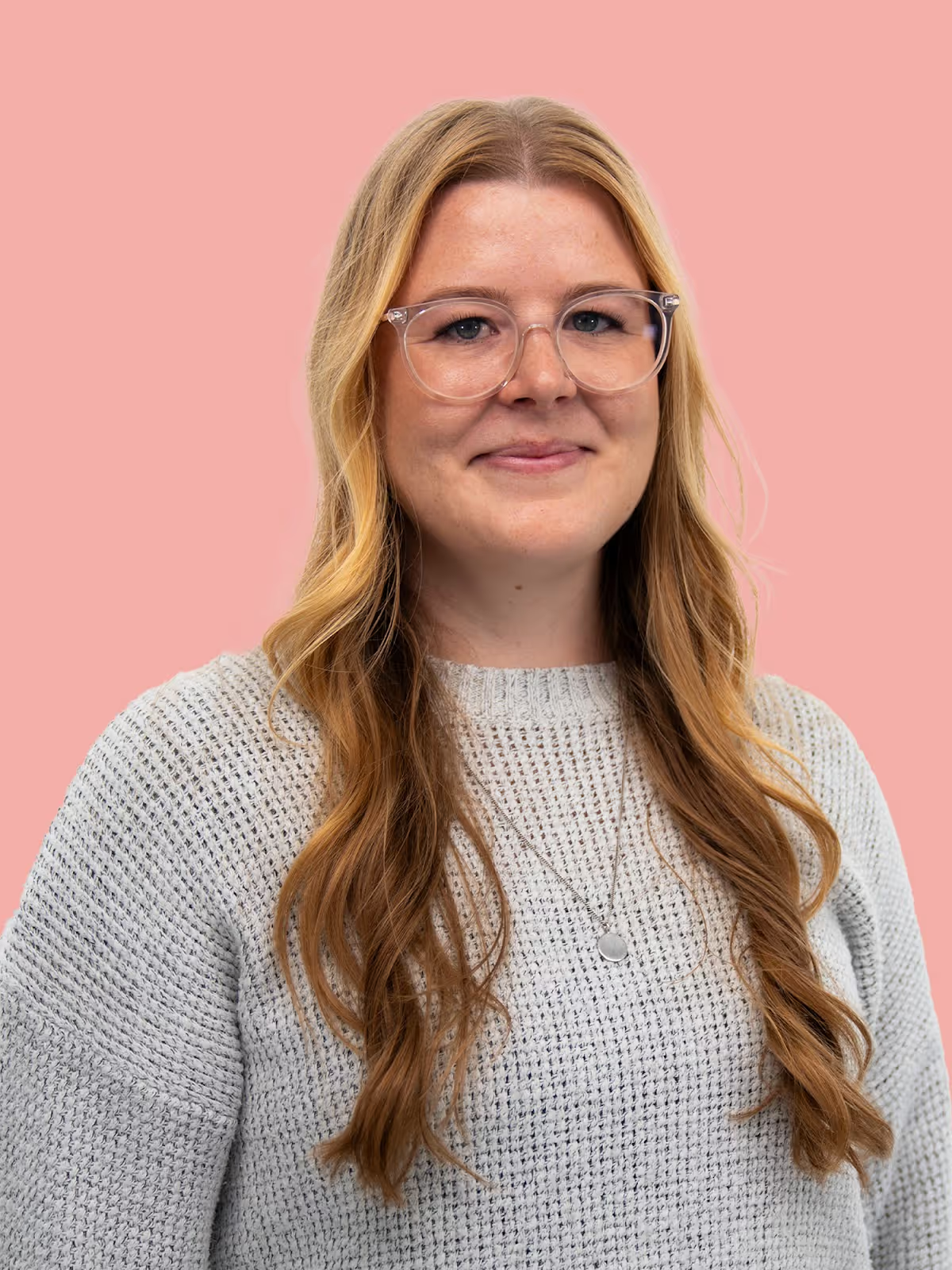
Who has been a significant mentor or role model for you in your career, and what impact have they had on your professional journey?
I have a whole family of women & peers who have always gone against the grain. My mum worked for a crane company and often told customers her name was Fred (instead of Fiona) to gain authority amongst her male peers. My aunt Charlotte attended the world-renowned Royal Military Academy Sandhurst and has advanced up the ranks in her career in the Army. I have two close friends who both quit their own careers after University to start their own businesses and work for themselves. All these women surrounding me growing up (and still today) show me a culture of empowerment and inclusivity. We can collectively break down barriers and pave the way for future generations of strong, intelligent women in the workforce.
What are some key lessons you've learned from setbacks or failures in your career, and how have they shaped your approach to success?
After University I jumped at the first job offer that came my way for a Graduate Management Trainee Programme. Truth be told, it was long hours, lots of work, and tiring. I learned many lessons here, but mainly I learned when enough was enough. Despite friends and family telling me I was miserable, my stubbornness was convincing me that the grass would be greener if I stuck it out a little longer. I was wrong. So, my lesson is that it is OK to quit. If something isn't serving you, if it isn't enjoyable anymore if you are not learning anything, then leave. That was the best decision I ever made as I allowed myself the time to think about what I REALLY wanted out of a career, out of life. As the saying goes "failure is a part of life if you don't fail you don't learn. if you don't learn you'll never change".
LINH CAO, Technical Manager
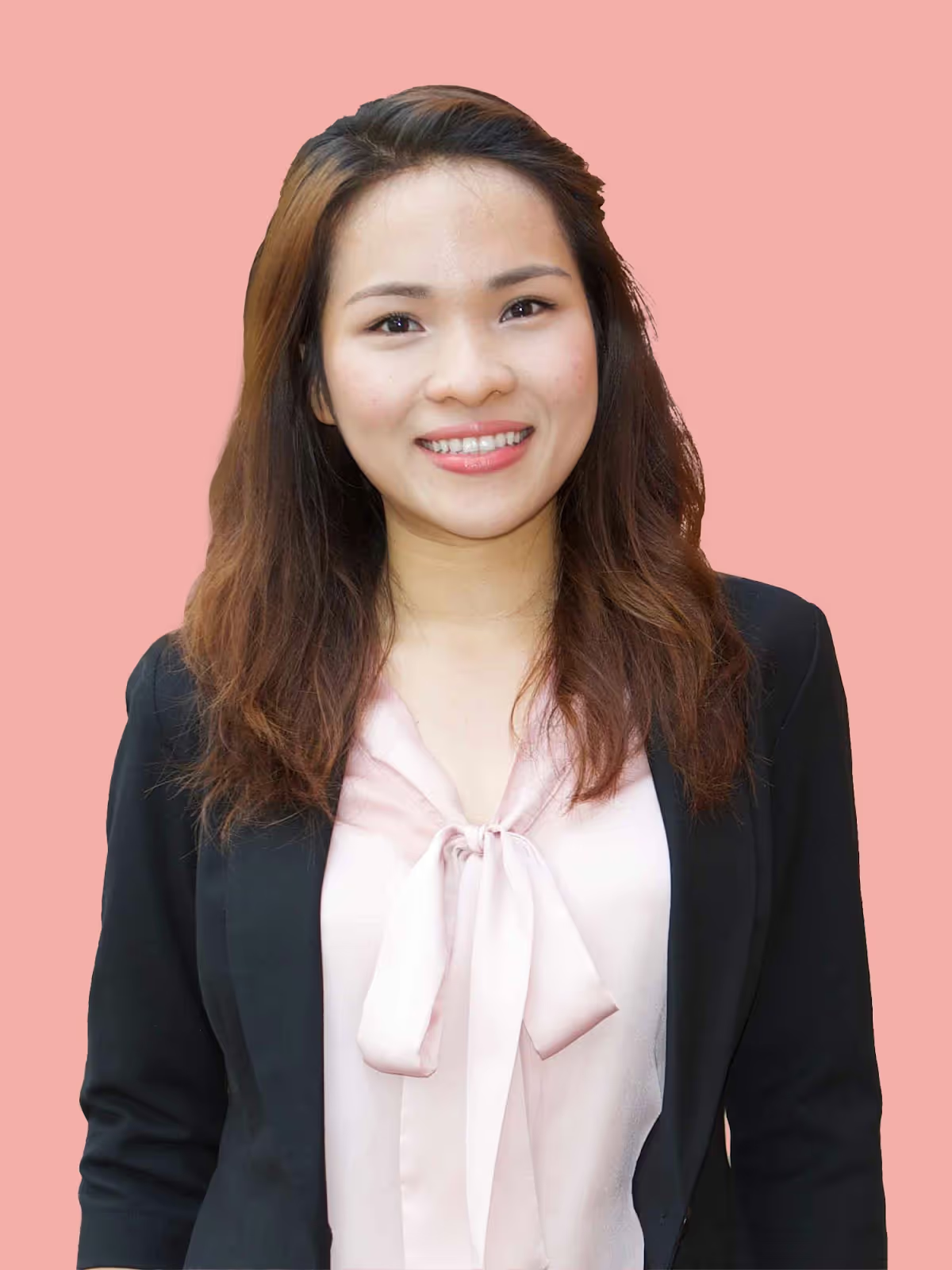
What's one barrier you've faced in your career, and how did you overcome it?
The first barrier I've faced in my career is the feeling of being trapped in a rigid system as I worked in a big multinational company. There was a certain path I needed to follow to get promoted and be successful in each position. The company culture encourages competition among colleagues. I dreaded going to work every day. I finally decided to resign and work as a freelancer so I could have the flexibility to help my family's business while still pursuing what I enjoyed doing.
What are some key lessons you've learned from setbacks or failures in your career, and how have they shaped your approach to success?
Instead of blaming ourselves for the failures, try to find the next steps to improve the outcomes. Don't spend too much time finding excuses for the wrongs. Own your mistakes and learn from them so they won't happen again.
FE RAIP, Advertising Specialist
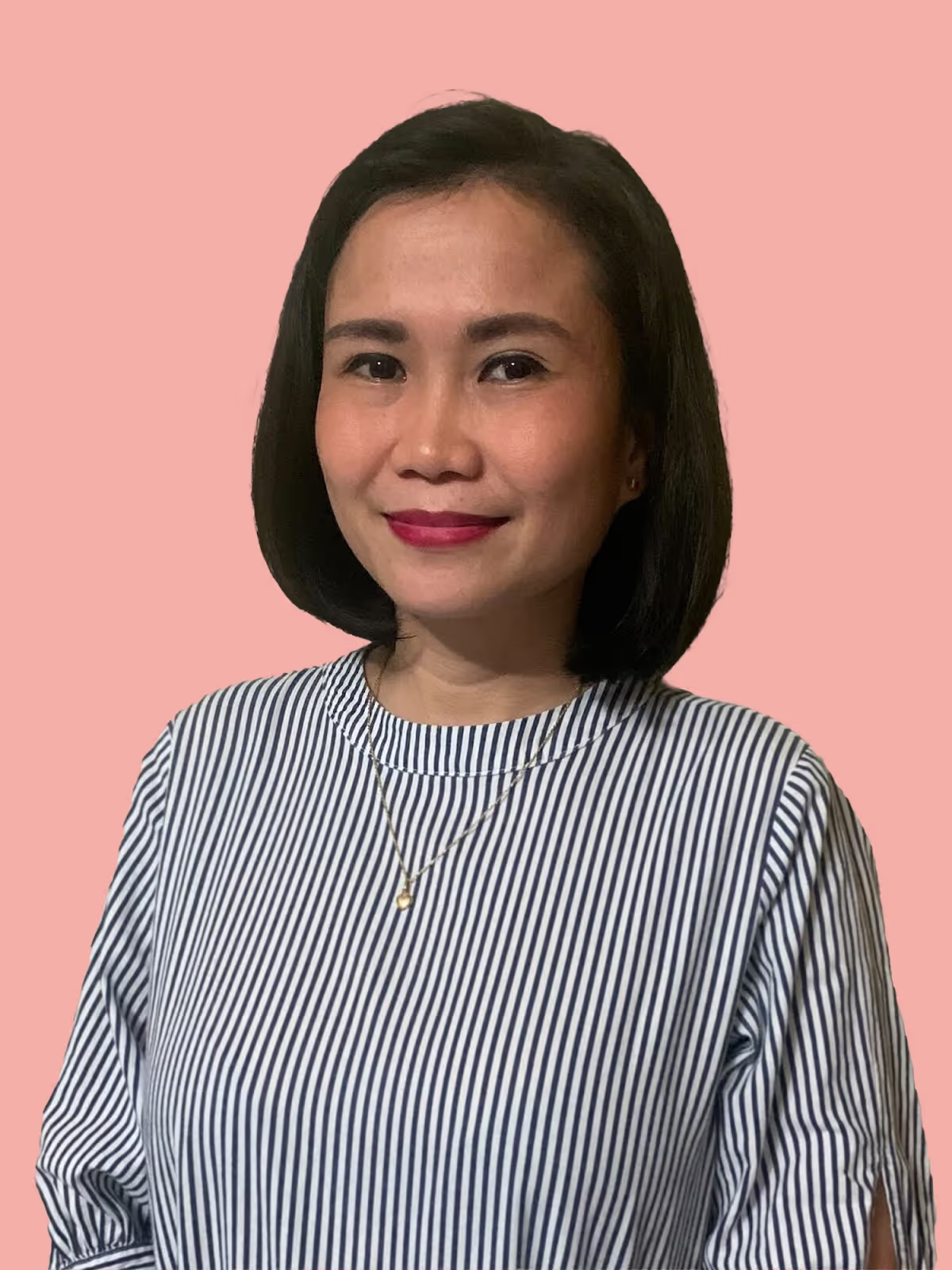
In what ways do you believe diversity and inclusion contribute to a more successful and innovative workplace?
This boosts confidence that will always have a positive result in the performance/skills of the employees. People can be more creative because of more ideas and perspectives. More than that, I personally believe that it also improves wellbeing, making me feel that I belong and that my ideas matter, always brings positive vibes. And if employees are happy, they will likely stay longer.
How do you navigate imposter syndrome or self-doubt in your career, and what strategies do you use to overcome it?
I grew up in a traditional family from the province here in the PH where women were taught to be quiet and submissive as a sign of respect. So, I feel like imposter syndrome has always been a part of me. But over the years, I learned my strategies on how to overcome it when I am feeling it. I learned to voice out if I do not know about something and that I can make time to learn/research it. I think the acceptance of having it, helped me embrace it. It's part of being people. If it happens while at work, I can stop my work for a few minutes, then walk or run outside. Or play with your pets. I learned to tell myself “good job self”, lol (yes, I am doing this 🫣), sometimes, buy myself something sweet and it makes me happy already.
BETH ASHWORTH, Partnerships & Marketing Director
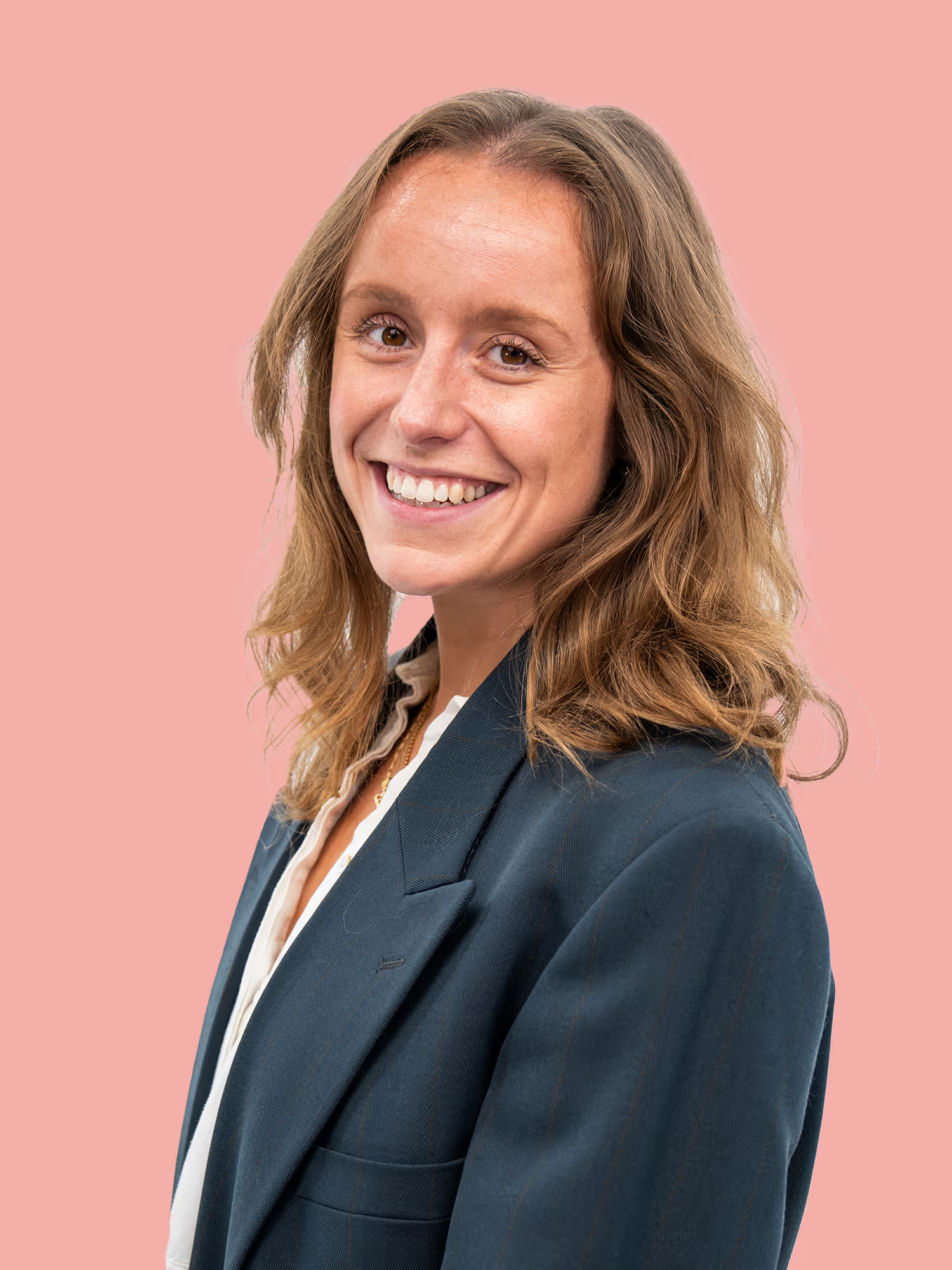
What are some of the key lessons you’ve learnt from setbacks or failures in your career, and how have they shaped your approach to success?
Wow. What a question! I’ll begin with the concept of success, for which I’ve managed to hone my own personal definition thanks to life’s setbacks (re-directs as I like to call them!). I’m thankful that we’re in an era that promotes the debate of exactly what success means to an individual - that it can have a variety of definitions according to each of our own unique realities. The mix-ups, learnings, opportunities and surprises life has, and continues to, throw my way, have been instrumental in figuring out exactly what is important to me; the ethos I want to embody; the person I want to be. Being a type-A personality with an unhealthy, conditioned obsession of over-delivering to the detriment of my health, I was long driven by the ideology that productivity = value & worth = success. For a while, this way of life worked. Straight As at school, red brick university, a job at the largest tech company in the world … the productivity was garnering results, recognition, success. After a while, my body started showing the first signs of incompatibility with this lifestyle - shingles, panic attacks, fainting episodes. Then came the mental health struggles - anxiety, burnout, and the most devastating of them all, depression. 6 months in bed, signed off work. I cannot begin to tell you the amount of time I should have spent healing, that I instead wasted wrestling with the concept that I no longer held any value or worth because I wasn’t being productive at work. Lack of productivity = no value/worth = unsuccessful. No progression at work. No fast track to that promotion. No place in society. Not worth the space I take up. Through this long and arduous journey, amidst the healing and recovery, I had to re-wire my brain entirely with respect to “success” - what it meant to me, and how I approached it. That changed everything. Value and worth are still my contributing characteristics to success - but I no longer define those by my productivity to over-deliver in a job role. This of course re-defined my career path - it gave me the confidence to follow my vocation (becoming a therapist!), and the ability to engage in a job (Sitruna!) in a healthy and enjoyable way. I’m respected and contribute meaningfully without giving myself a physical or mental illness from working too many hours! What! Madness! The setbacks along the way make us really look at our personal definition of success - take notice. And lean into the discomfort, because it’s usually trying to tell you something.
AMUN SIRA, Content Specialist

In what ways do you believe diversity and inclusion contribute to a more successful and innovative workplace?
I believe diversity and inclusion contribute to a more successful workplace in that when you have a diverse team with people from different backgrounds, experiences, and perspectives, there is a heap of creativity and innovation present. Diversity brings in a variety of viewpoints and approaches to problem-solving. When you're tackling challenges or brainstorming new ideas, having a team with diverse perspectives means you're more likely to come up with innovative solutions that you might not have thought of otherwise. In terms of inclusion, I think it can be seen as the key to unlocking the full potential of that diversity. When everyone feels valued, respected, and empowered to contribute their unique insights, it creates an environment where people are more willing to share their ideas openly and collaborate effectively. This sense of belonging not only boosts morale and productivity, but also promotes a culture of trust and mutual respect.
JANINA CHEBAT, Technical Specialist

How do you navigate imposter syndrome or self-doubt in your career, and what strategies do you use to overcome it?
There will be times that you will doubt your strengths and the values that you contribute to the company. This is something I experienced when I first joined Sitruna, it is because of the lack of confidence and being unfamiliar with the company culture. During these times, I always seek support from people who can offer guidance, support, and advice. One time, I actually talked about it with my Boss (Stephen) who really helped me change my perspective by giving me encouragements, a reflection of the things I'm good at and the things that I can still improve on. This conversation with him shifted my focus to learning and growing instead of letting the self-doubt hold me back from performing well. All I can say is, believe in yourself and do not be afraid to reach out as other people can provide valuable insights from their own experiences reminding you that you're not the only one facing these challenges.
SOPHIE DOWN, Advertising Director
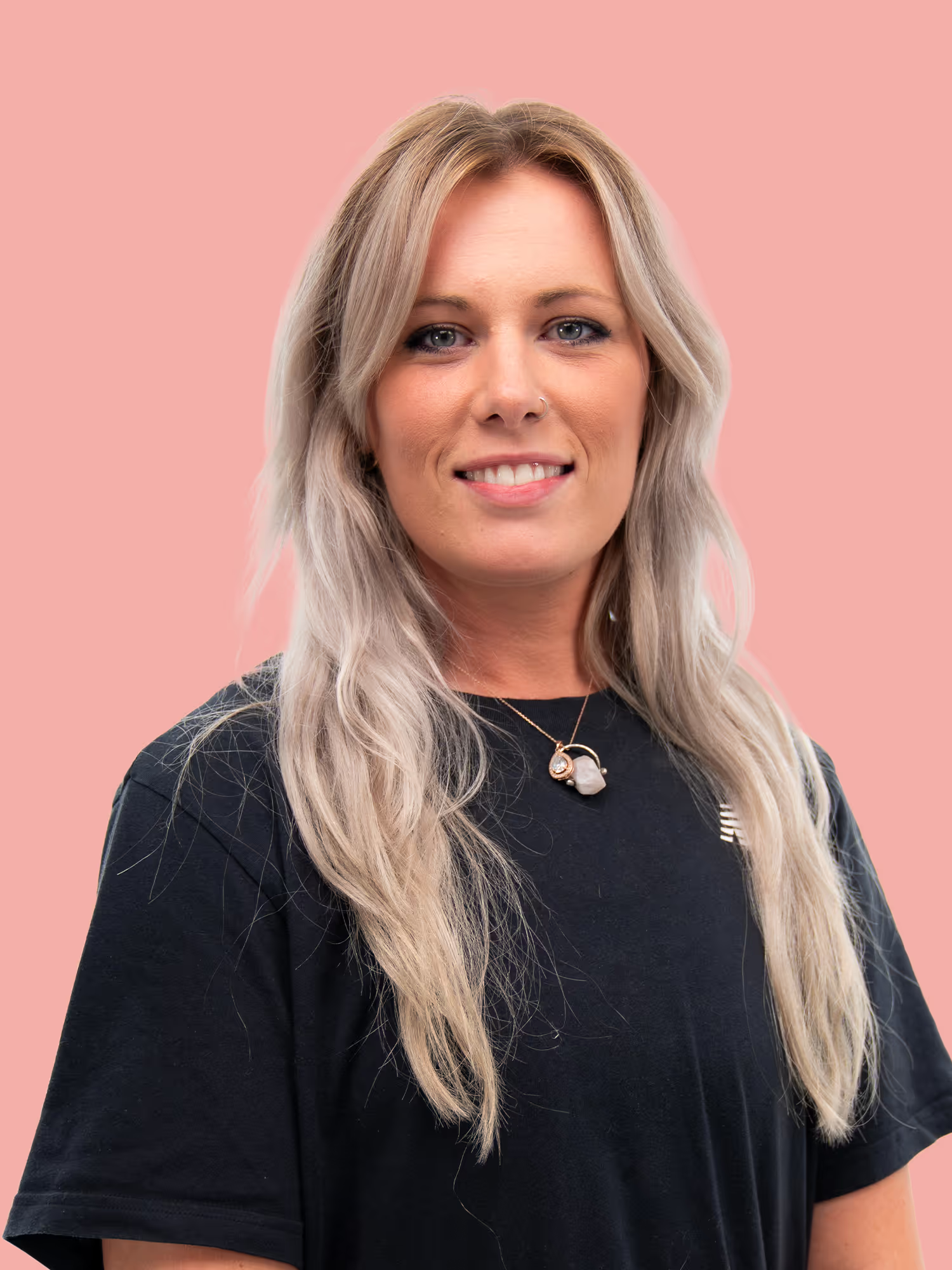
What are some key lessons you've learned from setbacks or failures in your career, and how have they shaped your approach to success?
My biggest setbacks include self doubt and inequality. Firstly, self doubt and imposter syndrome has played a large part in feeling uncertain in the early stages of my career. Teaching self confidence both to myself and other colleagues is a key part of how I seek to grow both personally and professionally. Secondly, and unfortunately, as a women in corporate work I still see unfair treatment towards women within work settings. This setback plays out in potential dismissal and the feeling of being unheard or unseen - requiring more work to reach a way of being seen as equal amongst my peers. Through these difficulties however, they’ve shaped me to become a professional that looks out to seek and help others develop, through confidence building and shared problems.
How do you envision the future of women in your field or industry, and what steps do you believe are necessary to create more opportunities for women?
Communication, speaking out and awareness. It’s important for both men and women to work together to iron out any problems in inequality. In the eCommerce and Tech industry, it’s incredibly empowering to see women speak at events, lead in business and share their knowledge with others. It’s down to everyone to use their voice across these settings to help and support other women with opportunities for both personal development and career development.
As we wrap up this insightful journey into our employees' perspectives on International Women's Day, it's clear that our dedication to inclusivity and gender equality is unwavering. By amplifying these voices and embracing diversity, we celebrate achievements and pave the way for a more equitable future. Let's continue striving for progress, together.
